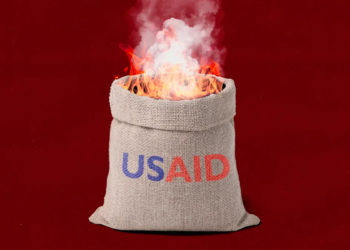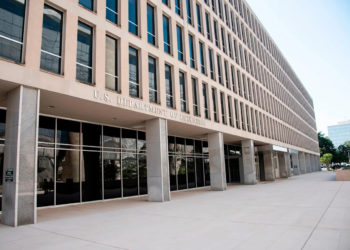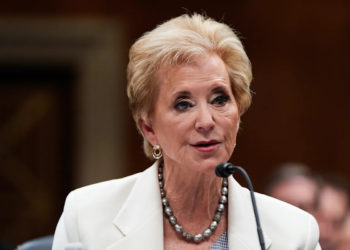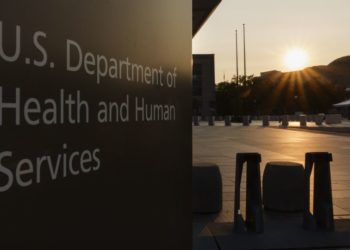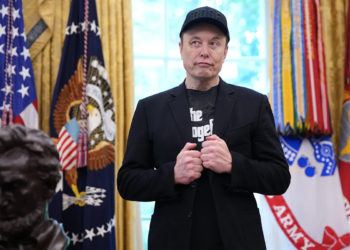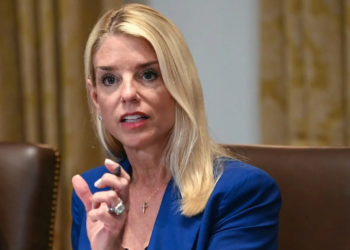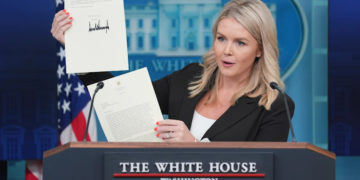The Trump Administration Is About to Incinerate 500 Tons of Emergency Food
The Atlantic Daily, a newsletter that guides you through the biggest stories of the day, helps you discover new ideas,...
What do Department of Education cuts mean for American students?
While the U.S. Department of Education cannot be dissolved completely under the law, the Supreme Court's decision on Monday to...
Flash flooding swamps Northeast metro areas as extreme rain threatens millions
Millions across the Northeast and Mid-Atlantic remain under flash flood watches early Tuesday as slow-moving summer storms brought heavy showers...
Republicans look for new ways to sell the ‘big, beautiful bill’
WASHINGTON — For months, President Donald Trump’s main message about the sweeping bill he pushed through Congress was that it...
Just 30 minutes a day of ‘Japanese walking’ may help you get in shape
Walking can be a go-to solution for many of life’s challenges. Whether you’re stressed, depressed or simply need a low-impact...
States scramble after Trump’s cuts to Medicaid, SNAP
GERMANTOWN, Maryland ‒ Marsha Tonkins has never been one to get involved in politics. She was happy to let others...
How Trump plans to dismantle the Education Department after Supreme Court ruling
WASHINGTON (AP) — Education Secretary Linda McMahon is expected to move quickly now that the Supreme Court has cleared the...
‘There’s Optimism,’ Insider Says (Exclusive)
The private meeting between two of Prince Harry’s top aides and a senior member of King Charles’ team may mark...
What are Patriot missiles and why does Ukraine need them so badly?
US President Donald Trump’s announcement that Ukraine will receive Patriot missile systems as part of a new package of US...
HHS carries out mass firings across health agencies after Supreme Court decision
Thousands of employees across US federal health agencies received an email Monday afternoon telling them they were out of a...

